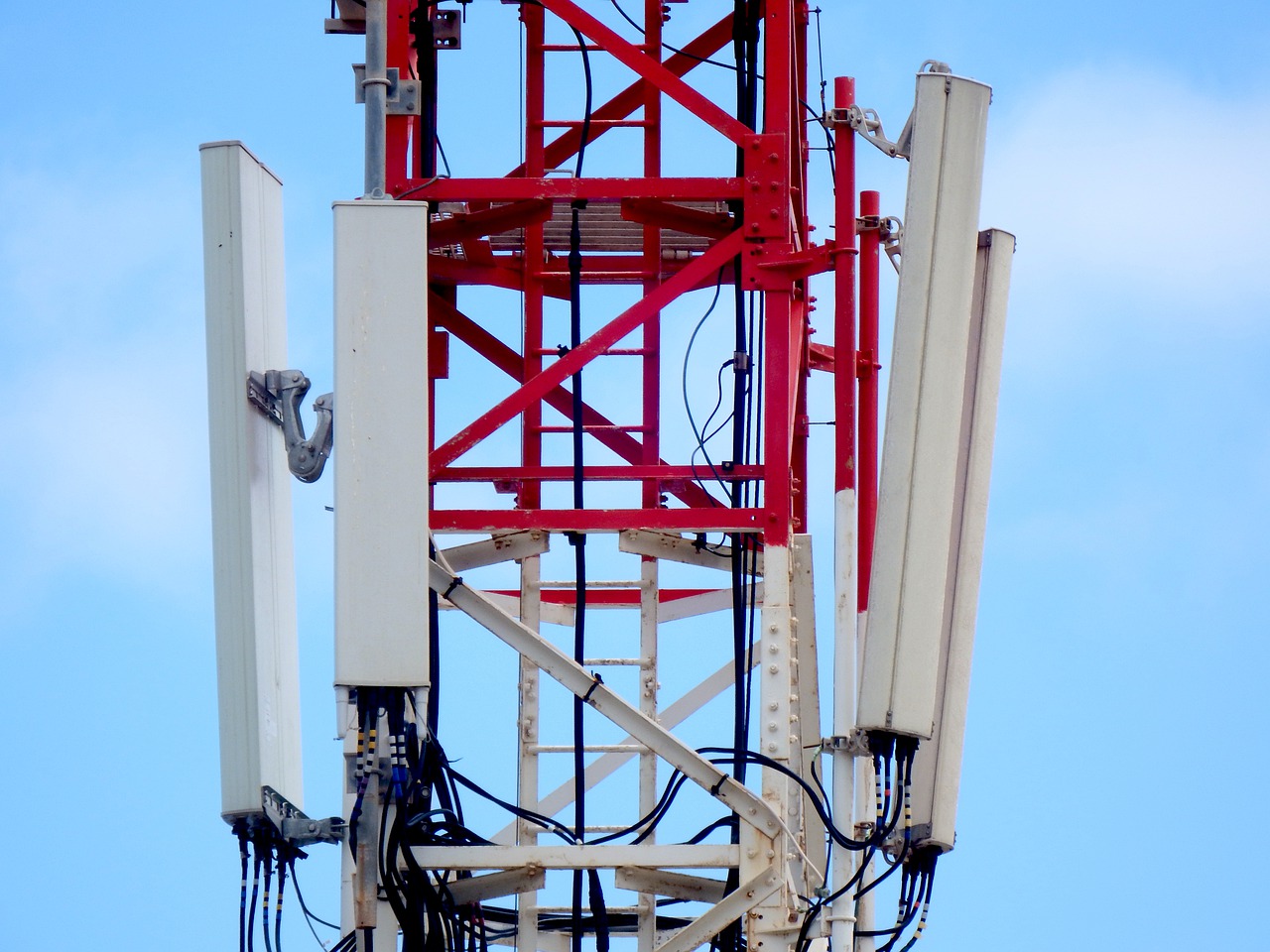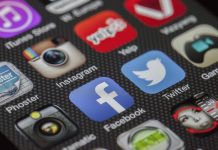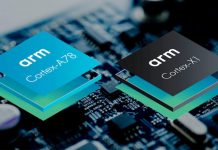
British telecommunications holding company BT Group has signed a deal with Ericsson for its 5G equipment, abandoning its former provider Huawei.
The 5G equipment deal with Ericsson is part of the move by BT to remove Huawei from its EE mobile network without becoming entirely dependent on its other radio access network (Ran) equipment provider, Nokia.
It is also in compliance with the UK government's ban on the Chinese tech giant's products from its 5G network.
UK ban on Huawei in 5G network
In July, the UK government decided to ban Chinese tech giant Huawei from its 5G network, doing a turnabout on its January decision to grant it a limited role.
It instructed operators, including BT and Vodafone, to remove existing Huawei equipment from their 5G networks until 2027.
Digital and Culture Minister Oliver Dowden explained that the new US sanctions imposed on the company in May had "significantly changed" the landscape.
Dowden said: "Given the uncertainty this creates around Huawei’s supply chain, the UK can no longer be confident it will be able to guarantee the security of future Huawei 5G equipment."
Under these sanctions, Huawei and the third parties that manufacture its chips are prohibited from using "US technology and software to design and manufacture" its products.
As a result, the Chinese telecoms firm could lose access to software it relies on to design and test its processors, as well as well as the ability to produce its most advanced chips.
The US government has cited national security concerns as the basis for the sanctions. US officials have been suggesting that the Chinese government might use Huawei to spy on or even sabotage communications.
Prior to the ban, BT announced in April that it has delayed the removal of Huawei from the core network of EE by two years.
While it said in December 2018 that it would only take two years to remove Huawei equipment from the EE core network, BT Group said that "100% of core mobile traffic" will be on its new Ericsson-built equipment by 2023.
Choosing Ericsson as Ran vendor
The decision of BT to go with Ericsson and not be 100% dependent on Nokia was an anticipated move as UK mobile network providers typically use two Ran equipment vendors.
Having two different providers allow them to maintain a service if a problem develops in one of the systems as well as enjoying efficiency savings from not having to maintain and install various products.
While there are other options in the sector, such as NEC and Samsung, it would have been more complicated to attempt to integrate their solutions.
Kester Mann from the consultancy CCS Insight pointed out: "It raises concerning questions about vendor diversity as operators become reliant on a seemingly ever-diminishing number of leading suppliers. Vendor choice is important for a healthy ecosystem - it can spur innovation and help bring down costs."
OpenRan is currently being examined as a long-term solution to this issue. It refers to a plan to eventually standardize the hardware used in radio access networks so networks would be able to switch from one supplier to another via software alone.
This would avoid the need to remove a previous provider's customized equipment and replace it with a new one.






